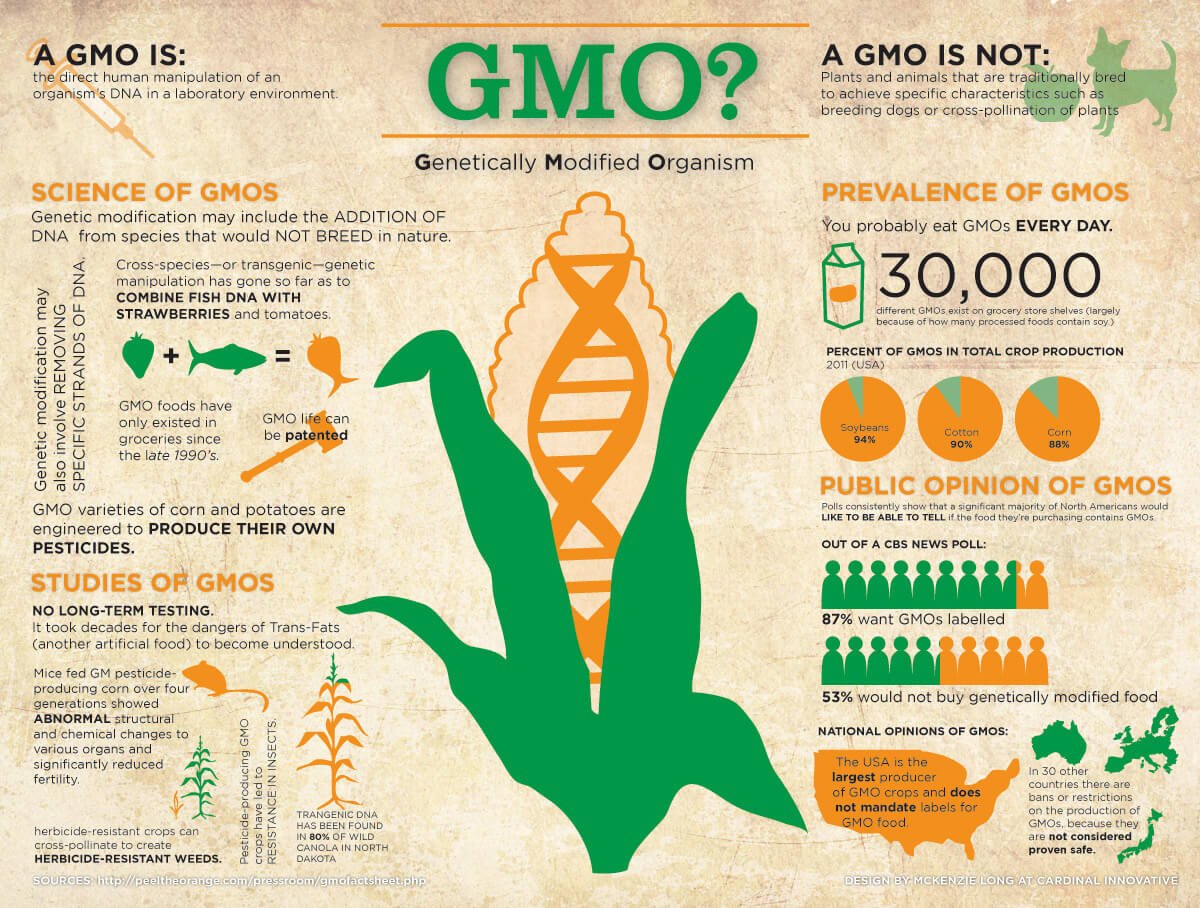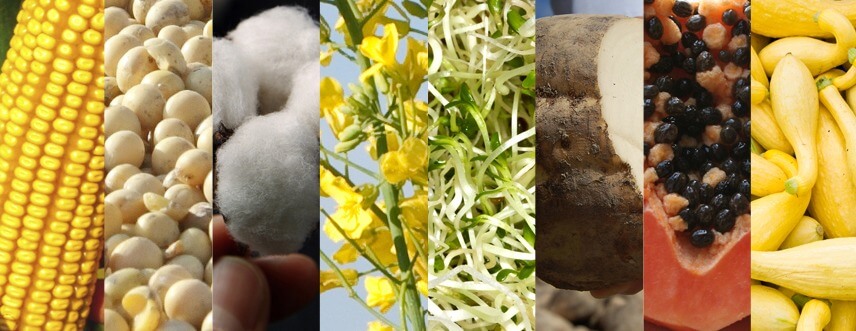By Stuart Smyth
1994 is generally regarded as the first year of genetically modified crop production, the first being the GM Flavr Savr tomato in the US. The crops that will be planted in 2018 represent the 25th year of GM crop production. While many eNGOs of social media ‘celebrity’ rant, rave and troll that GM crops are the cause of every leading social, medical and environmental misfortune in existence, this could not be further from the truth. While GM crops celebrate their 25th production anniversary, these technologies have been researched for a decade longer. During this time, they have been proven safe countless times and will continue to offer more benefits as future technologies are commercialized. This blog summarizes and celebrates the global economic, environmental and human health benefits of GM crops over the past 25 years.

Economic benefits
With the adoption of GM crops rapidly expanding, the benefits from the technology must be significant otherwise farmers would begin to return to previous crop options. Such economic benefits include:
- Brookes and Barfoot estimated for2014, that the global economic benefits of GM crops exceeded US$17 billion, cumulatively reaching US$150 billion between 1996 and 2014.
- Production increases have also improved global food security. Brookes and Barfoot estimate that leading up to 2014 an additional 158 million tonnes of soybeans and 322 million tonnes of corn have been produced.
- In a meta-analysis of 147 studies on GM crop impacts, Klümper and Qaim found pesticide use has decreased 37%, yields increased 22% and farmer profits increased 68%.
- Subramanian and Qaim found Bt cotton adoption in India raised vulnerable household incomes (those defined as living on less than $2/day) by 134%.
- In the USA, Hutchinson and his group found GM corn adoption created an additional $6.8 billion in value, of which 60% went to non-adopters due to lower insect pressures.
- According to researchers at the University of Saskatchewan, Western Canada experiences $350 – $400 million in annual benefits from the production of GM canola.
- Yorobe and Smale found that the adoption of GM corn in the Philippines increased household income from $400/year to $600/year, that’s a 50% increase.
- Vitale and colleagues calculated that Bt cotton adoption in Burkina Faso resulted in a profit of $150/ha versus $70/ha for conventional cotton.
Environmental benefits
GM crops have not just been about profits and yield growth, agronomic improvements have driven GM development, resulting in environmental benefits. The improved weed and insect control from GM crops has resulted in substantial environmental benefits through fewer chemical applications. Evidence of the environmental benefits of GM crops include:
- Pray and colleagues found that Bt cotton adoption in China allowed farmers to spray less frequently, in some instances dropping from 30 applications per season to 3 but more commonly from 12 to 3-4.
- Huang and colleagues observed that Chinese Bt cotton farmers had reduced insecticide applications by 71% from 14kg/ha to 4kg/ha. The spillover of environmental benefits from lengthy Bt cotton adoption found that in some non-Bt cotton fields the amount of insecticide used dropped from in excess of 40kg/ha to less than 10kg/ha.
- Benefits of Bt cotton adoption in India were quantified by Subramanian and Qaim, reduced pesticide use by 41%.
- In Western Canada, Smyth and colleagues found the environmental impact of chemicals applied to GM canola dropped by 53% when compared to the chemicals previously used on non-GM canola.
- Globally, Brookes and Barfoot calculated that CO2 emission reductions from GM crops were equal to removing 10 million cars from the road for one year.

Human health
Some of the most significant benefits from GM crops, yet least recognized, are the health and lifestyle benefits. Identified benefits in this area range from:
- Gruère and Sengupta documented a reduction of suicide rates by one third following the release of Bt cotton among Indian farmers based on extrapolating the pre-Bt cotton suicide rate.
- Gouse and colleagues found small landholders’ adoption of GM corn resulted in 10 -12 fewer days of female hand weeding per season.
- Vitale et al. estimated 30,000 fewer cases of pesticide poisoning per year were occurring among Bt cotton farmers in Burkina Faso.
- Kouser and Qaim estimated that the number of pesticide poisonings following India’s Bt cotton adoption were reduced by 4 – 9 million cases a year.
While those opposed to GM innovation in agriculture continue to advocate there have been no benefits from GM crops, the above evidence totally refutes these claims. The adoption of GM crops has resulted in economic benefits for farmers, reduced chemical use in the environment and most importantly a reduction of millions of cases of pesticide poisoning. Not to mention, these benefits are not only gained by developed nations but have had significant impacts in developing nations, helping agricultural regions leap from agrarian to modern practices. The time has come to stop denying there are no benefits from GM crops or to be called out a lack of ethics and morals. GeneticLiteracyProject.org
Stuart Smyth is an assistant professor in the department of agricultural and resource economics at the University of Saskatchewan. Follow him on Twitter @stuartsmyth66
This article was originally published at Sustainable Agricultural Innovations & Food as “Twenty-Five Years of GM Crop Benefits” and has been republished here with permission.


